#filter by crownedfilter in ig
Text
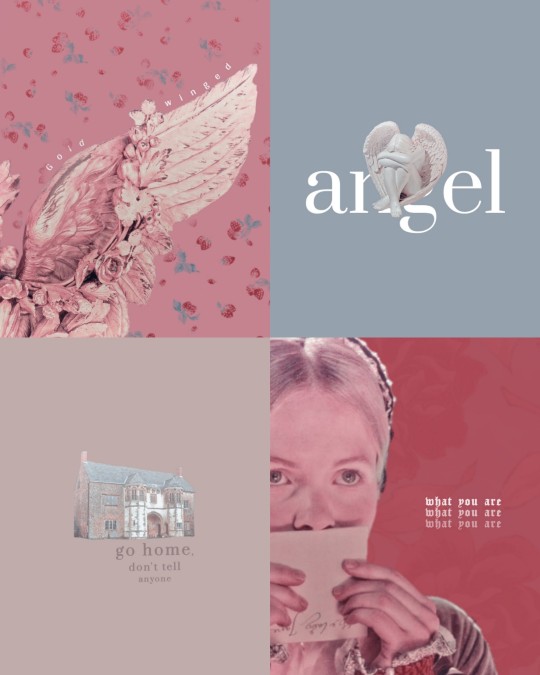
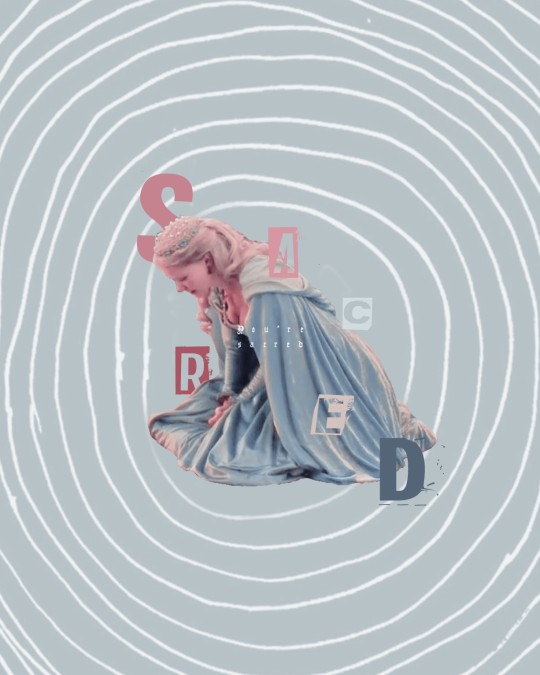
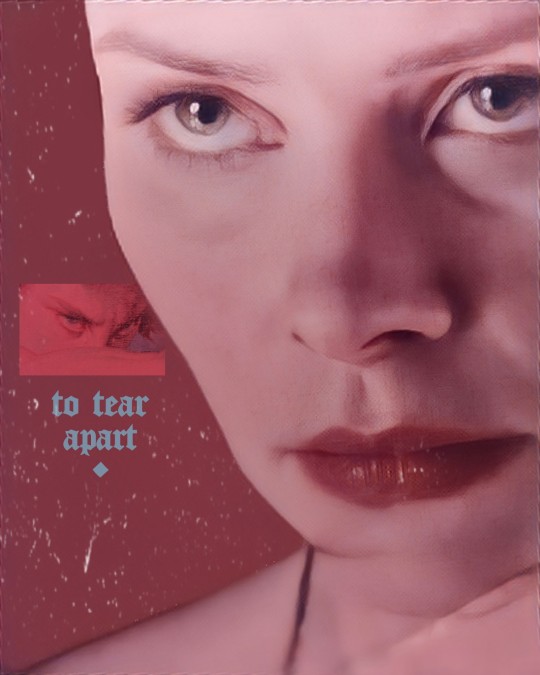
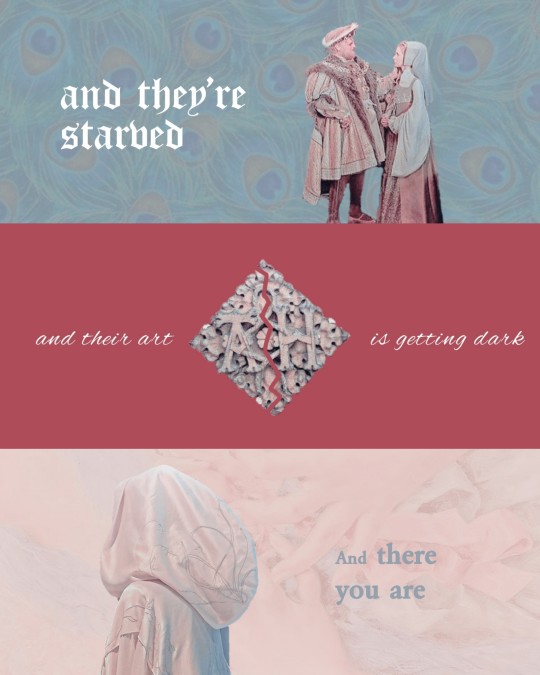
He hath come to the bosom of his beloved
Smiling on him, she beareth him to highest heaven
With yearning heart
On thee we gaze
Oh, gold winged messenger of mighty gods
[...]
You better keep your head down-down
- Billie Eilish, GOLDWING
#this song always reminds me of her like it all fits way too perfectly#the third slide is supposed to be the last one following the order of the lyrics. it's just there because it looked better in that position#jane seymour#jane seymour edit#queen jane seymour#wolf hall#the tudors#henry viii and his six wives#anita briem#my edits#perioddramaedit#graphics#graphic edit#filter by crownedfilter in ig#tudor queens
56 notes
·
View notes
Text






Make it count. Meet me at the clock.
#titanic#titanic edit#rose dewitt bukater#jack dawson#cinematography#jack and rose#rose and jack#picspam#screencaps#leonardo dicaprio#kate winslet#graphic edit#filter by crownedfilters on ig#*
223 notes
·
View notes
Text
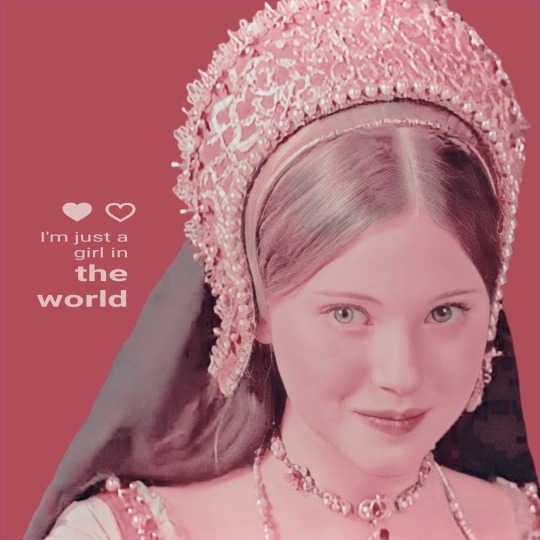

Just your typical prototype
- No Doubt, "Just a Girl"
#here i am again hoping tumblr will post this#i had cool tags but i forgot#katherine howard#catherine howard#my edits#graphics#graphic edit#lynne frederick#henry viii and his six wives#1972#perioddramaedit#period drama#historical women#filter by crownedfilters on ig#textures on second graphic via lauratextures
93 notes
·
View notes
Text

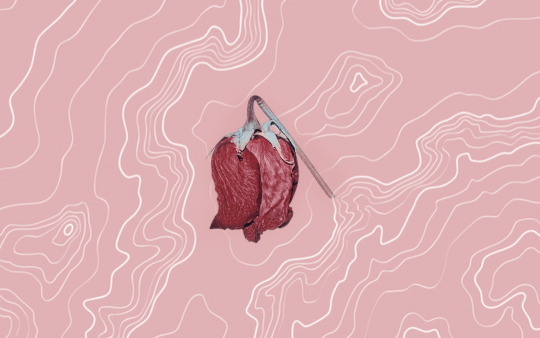



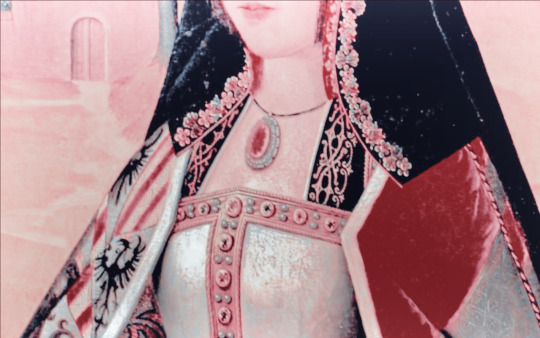


Isabel and Juana of Castile + quote
Happy birthday @latristereina !
Isabel had good cause for being upset. Such was “the disposition of the Princess” as the physicians described it, “that not only should it pain those who see her often and love her greatly, but also anyone at all, even strangers, because she sleeps badly, eats little and at times nothing, and she is very sad and thin. Sometimes she does not wish to talk and appears as though in a trance; her infirmity progresses greatly.” It was customary, they explained, to treat Juana’s infirmity through love, entreaty, or fear; but the princess had proven unreceptive to entreaty, and even “a little force” affected her so adversely that it was a great pity to attempt it and no one wanted to try, so that, beyond the queen’s customary immense labors and concerns, this weight of caring for her daughter fell upon her. It has been conjectured that Isabel’s illness could have been cancer, endocarditis—infection of the heart valve—chronic dropsy, or several of them combined. By the following June she had a visible tumor, although it is not known where or of what sort. In August she took Juana to Segovia, which she had seemingly avoided for years, telling her it was a step toward the north coast and her departure for Flanders. There Isabel continued to try with little success to get her to turn her mind to affairs of state.
Juana showed little interest in government and in her child, and a good deal of disregard for religious matters of any sort, and for public opinion as well. The princess appeared to disdain much of what Isabel valued, and even to represent the antithesis of the very qualities her mother valued most highly. Even so, Juana was her designated successor, and Isabel was determined to keep her in Spain and do her best to train her to be its queen. So the arguments against Juana’s departure were patiently repeated: the season, the sea, the French, that Philip should be safe in Ghent before she traveled, and did she not want to see her father before she left? The hope remained that Juana would stay and Charles join her, so that Isabel might have him educated in Spain’s customs and come to prefer its people. And with Juana and Charles there and Philip not, should Isabel die, Fernando, still king of Aragón, could surely manage to guide their daughter in governing Castile.
It was November. A treaty with France—arranged by the queen of France, Anne of Brittany, and Margaret of Austria—had been signed, and an envoy arrived from Philip requesting that Juana return to Flanders. Isabel, playing for time, responded that the princess, although better, was not well, that relations with France were still such that it was not safe for her to travel by land or, now that it was winter, by sea, that she had better wait until spring, and that “following her frame of mind and la pasión she has” that Juana should not be where there was no one who could quiet and restrain her for it might be dangerous for her. The implication was that Juana was emotionally out of control. Exactly what was meant by “restrain” we do not know.
-Peggy K. Liss, Isabel the Queen
#isabel de castilla#isabella of castile#juana de castilla#joanna of castile#joanna i#Isabel tve#juana la loca#mad love#michelle jenner#pilar lopez de ayala#period drama#perioddramaedit#historical women#my edits#graphic edit#filter by crownedfilters on ig
102 notes
·
View notes
Text


Vain trifles as they seem, clothes have, they say, more important offices than merely to keep us warm. They change our view of the world and the world’s view of us. For example, when Captain Bartolus saw Orlando’s skirt, he had an awning stretched for her immediately, pressed her to take another slice of beef, and invited her to go ashore with him in the long-boat. These compliments would certainly not have been paid her had her skirts, instead of flowing, been cut tight to her legs in the fashion of breeches. And when we are paid compliments, it behoves us to make some return. Orlando curtseyed; she complied; she flattered the good man’s humours as she would not have done had his neat breeches been a woman’s skirts, and his braided coat a woman’s satin bodice. Thus, there is much to support the view that it is clothes that wear us and not we them; we may make them take the mould of arm or breast, but they mould our hearts, our brains, our tongues to their liking. So, having now worn skirts for a considerable time, a certain change was visible in Orlando, which is to be found if the reader will look at above, even in her face. If we compare the picture of Orlando as a man with that of Orlando as a woman we shall see that though both are undoubtedly one and the same person, there are certain changes. The man has his hand free to seize his sword, the woman must use hers to keep the satins from slipping from her shoulders. The man looks the world full in the face, as if it were made for his uses and fashioned to his liking. The woman takes a sidelong glance at it, full of subtlety, even of suspicion. Had they both worn the same clothes, it is possible that their outlook might have been the same.
-Orlando, Virginia Woolf
#orlando#virginia woolf#orlando 1992#quotes#my edits#graphic edit#perioddramaedit#filter by crownedfilters in ig#sally potter#tilda swinton#literature#literature edit#feminism
41 notes
·
View notes